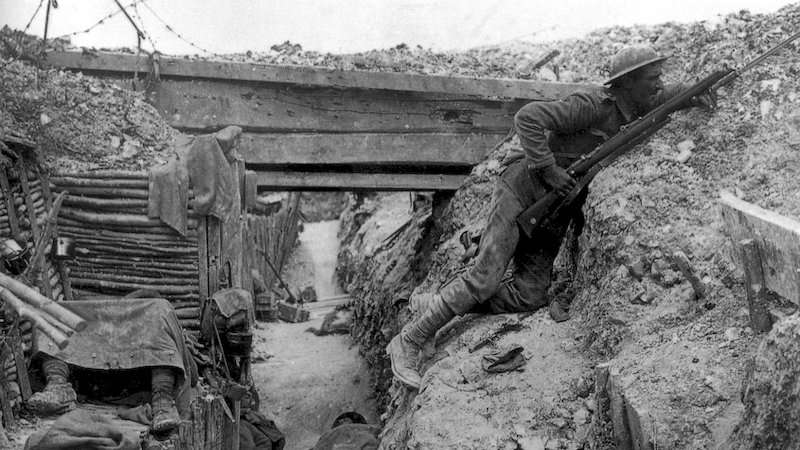
World War I, which resulted in an estimated 15-22 million deaths, had profound economic implications, particularly for American banking interests. J. P. Morgan, a prominent banker of the time, famously stated, 'Nobody could hate war more than I do,' yet his financial institution played a crucial role in the war effort. President Woodrow Wilson, who ran on the slogan 'He kept us out of war,' later acknowledged that the conflict was largely a commercial and industrial one. Notably, historian Niall Ferguson pointed out that J. P. Morgan was bailed out in 1917, highlighting the intertwined nature of finance and warfare during this period. The Federal Reserve doubled the money supply since 1914 to finance the war, which allowed American banks to profit significantly from loans to the Allies, with funds often funneled back to U.S. companies. This financial boom led to the emergence of 21,000 new millionaires during the war, although General Smedley Butler claimed that profits were concentrated among a select few. The U.S. entry into the war not only prevented a negotiated peace but also set the stage for post-war turmoil, raising questions about the motivations behind the conflict. The Mises Institute, a proponent of Austrian economics, critiques state intervention and highlights the economic dynamics that shaped this era. [c64f3f5]